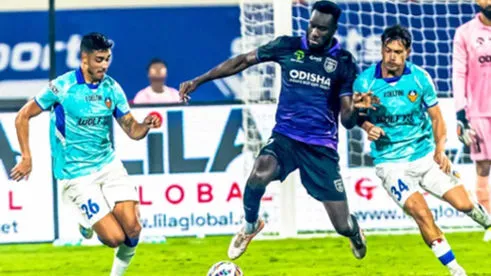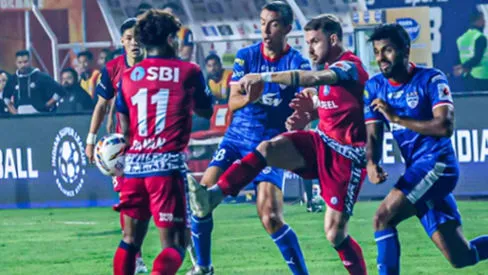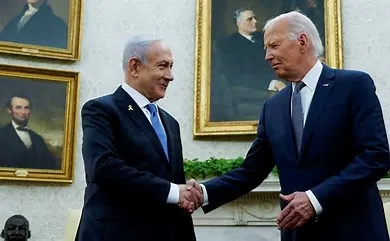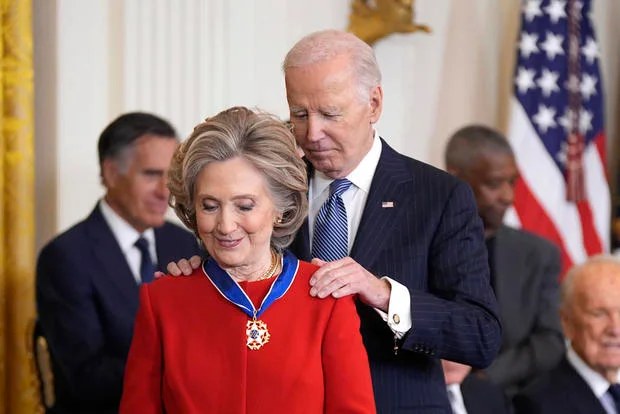KISS, established in 1992-93 by renowned educationist and social activist Prof Dr Achyuta Samanta, is the world’s largest residential tribal university, home to 30,000 indigenous students who are provided nutrition and holistic formal and vocational education from KG to PG levels, absolutely free of cost. The institution is dedicated to the empowerment of students from marginalized and underprivileged groups, so they can become the agents of change for their communities and bring them emancipation from acute poverty through their education.
It is said that life’s uncertainties give birth to glorious certainty. Anybody can grow into a full-fledged personality, if given the right environment and opportunities. This is like a bud blooming into a beautiful flower and spreading its fragrance. Let us analyse the case of Rajesh Jakasika in this context. Rajesh was born into a very poor but large family consisting of five siblings and his parents, in a remote village in the Rayagada district. His father used to labour hard to make both ends meet, but he understood the value of education. Though his financial status did not permit it, he dreamt of providing a good education to his children and making them stand on their own feet. The fame of KISS, had reached Rayagada, a place where children hardly have the scope of education. But where even the efforts of the government had failed, the vision and missionary zeal of Prof Achyuta Samanta succeeded in bringing marginalized people into mainstream society.
The Superintendent of Police, Rayagada also played a crucial role in getting a number of children from the community of the Dongaria Kondha tribe admitted to KISS, where they could see the light of day and make their district proud. Rajesh’s father did not let go of this lifetime opportunity to educate his second son. He lacked the means to provide education to all his children but concentrated all his efforts on Rajesh in the hope that he would become a disciplined boy and bring glory to his family and village. Though a bright student, Rajesh had been languishing in the village, where there were no good opportunities to further his studies. Now with his wishes fulfilled, his father has to worry no longer about his son’s studies and ancillary expenses which were taken care of by KISS. His father was grateful to the SP for facilitating this.
At KISS, Rajesh entered a brave new world. The comfort of nature’s lap and the circle of teachers and friends at KISS gave him a new life and vision. In addition to getting an ideal education, he could avail the opportunity to sharpen other skills like playing chess. Rajesh has exhibited his talents and even topped the state-level chess competition which came with a big monetary award. His father’s joys now know no bounds. Tears of joy roll down his cheeks when he celebrates his son’s achievements. All this has been possible due to the selfless care and hand holding of Prof Samanta who is now a father figure and role model for Rajesh. He is aware that had it not been for KISS, he would not have reached far in life. Gone are the days when his parents struggled to provide him the basics of life.
Rajesh is now in Class X and is able to fulfil the long-cherished dreams of his father with the support of good people and a supportive environment. He is confident that one day he will become a chess grandmaster and also excel in his studies and bring glory to KISS as well as his community. KISS has put him on the path to progress. He is getting opportunities to develop his craft, while getting formal education. He is also happy because KISS is helping him keep up his culture and heritage. He is on the way to become a path-breaking agent of change for his village.
Rajesh’s story is set to become an eternal river which will flow ahead and inspire many underprivileged children to achieve new heights in their life by creating their own destinies. This case study is a bright example of how the country’s vernacular systems of education can be empowered. Although it is believed that unless one is educated in English-medium systems at the primary, secondary and higher secondary levels, he can never make his mark on society or aspire to achieve success, KISS is a shining example of how children from very humble backgrounds can crack all-India exams like JEE and NEET even after studying in an Odia-medium institution. Further, KISS has reversed the saga of dropouts by linking formal education with proper nutrition. Educationists and policymakers may take a note of this.
The national government can also take steps to strengthen the school system in vernacular languages with the proper manning of teachers, the introduction of vocational education, and reducing the number of dropouts. Sustainable development is also at the core of KISS programmes since the beginning and is a goal which is also shared by the students who wish to live in a world free from poverty, hunger and illiteracy.
Prof Achyuta Samanta, founder of Kalinga Institute of Industrial Technology (KIIT) and Kalinga Institute of Social Sciences (KISS)























